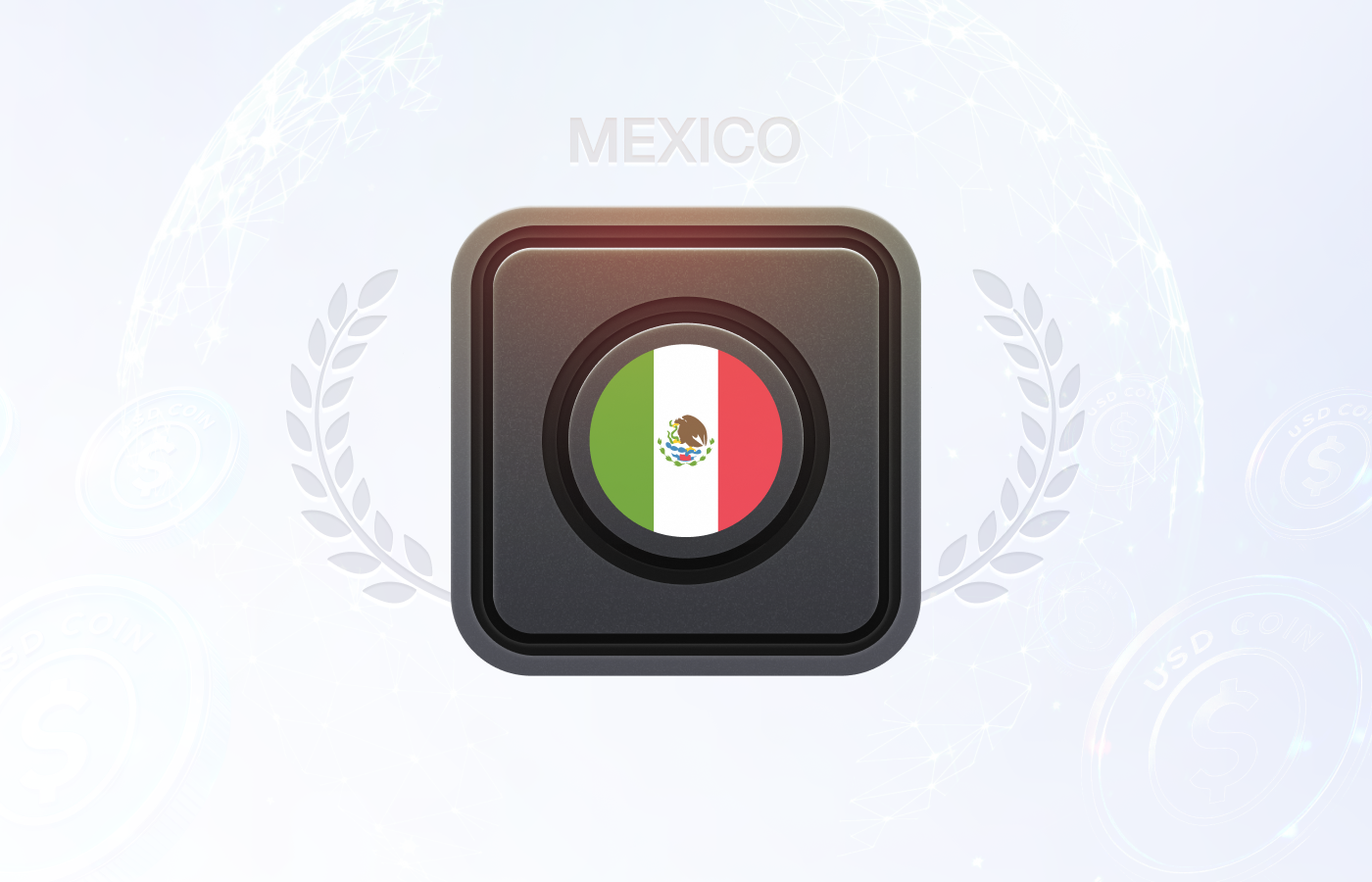Hire in Brazil
Learn more about employment regulations, pay requirements, and other important information about hiring workers in Brazil.

.avif)
Employer of Record (EOR) in Brazil is increasingly the smart choice for companies that want to hire Brazilian-based employees quickly, compliantly and without the cost and complexity of establishing a local entity. Brazil offers a robust, highly skilled workforce in one of Latin America’s largest economies — but its labour laws, tax rules, and social-security obligations require local expertise and full compliance.
With Toku you get a trusted partner: we act as the legal employer in Brazil on your behalf, handle all payroll, benefits, and local compliance, while you retain full control of the employee’s day-to-day work.
Whether you’re testing the Brazilian market, scaling a new team in São Paulo or hiring remote talent across Brazil, our EOR model allows you to move quickly, mitigate risk and tap the region’s talent pool with confidence.
What Is an Employer of Record (EOR) and How Does It Work in Brazil?
Define the EOR model
An “Employer of Record” (EOR) is a service provider that becomes the legal employer of an individual in a given country — in this case Brazil — while your company retains control of their work responsibilities. The EOR handles formal employment: contract creation, local registrations, payroll, social security contributions, tax withholdings, benefits enrolment and statutory compliance. Your company directs the employee’s tasks, manages performance, and sets objectives.
This model enables companies to hire talent in countries where they don’t have a local legal entity and thus avoid the time-consuming, costly process of setting up a subsidiary.
Compare EOR vs. Local Entity vs. Contractors
Here is a table comparing your options when hiring in Brazil:
With an EOR you strike a balance: you onboard fast, reduce the burden of entity-setup, and maintain compliance without relinquishing operational control.
How EOR Works in Brazil
In Brazil, when you partner with an EOR like Toku, that provider legally hires the employee under Brazilian labour law (Consolidação das Leis do Trabalho – CLT) or other permitted contract forms.
The EOR ensures proper employment contract in Portuguese, registers the employee with the Brazilian tax/social-security authorities (such as the Instituto Nacional do Seguro Social – INSS, and Fundo de Garantia do Tempo de Serviço – FGTS), handles monthly payroll in Brazilian Real (BRL), deducts and remits required taxes, enrols employees in statutory benefits (e.g., 13th month salary, vacation bonus), and manages terminations in line with Brazilian employment law.
At the same time, your company directs the employee’s daily work, sets objectives, and integrates them into your team. Toku becomes the formal employer of record, so you avoid entity-establishment, local entity administrative burdens, and many associated risks.
How to Use Toku to Hire in Brazil Without a Local Entity
What 5 Steps Help You Onboard Faster With Toku?
Here’s how you’ll work with Toku to hire your Brazilian employee efficiently:
- Identify your candidate in Brazil. You recruit or select the talent as you normally would (whether remote or based in Brazil).
- Engage Toku and provide hire details. You provide the candidate’s information (name, CPF number, role, compensation, start date, bank details) and select the contract type via Toku’s platform.
- Toku issues employment contract and completes local registrations. We prepare a Portuguese-law-compliant employment contract, register with INSS/FGTS, set up payroll, and ensure statutory benefits enrolment.
- Onboard the employee and activate payroll. Toku handles any local onboarding tasks (e.g., eSocial filings, benefit enrolment), and then executes first payroll in BRL. You integrate the worker into your operations as usual.
- Ongoing management and support. Toku handles monthly payroll, tax filings, social security remittances, statutory benefit administration (e.g., holiday pay, 13th salary), and termination processing if needed. You focus on performance and results.
How Does Toku Handle Local Compliance in Brazil?
Brazil has intricate employment and tax rules: from collective bargaining agreements to mandatory benefits, social security contributions to termination liabilities. Toku’s compliance offering includes:
- A local-entity or compliant partner in Brazil, ensuring we hold the requisite registrations, local legal representation and in-country expertise.
- Template employment contracts in Portuguese compliant with CLT and local obligations (including probation period, working hours, overtime, paid leave, termination notice).
- Automated payroll in BRL with appropriate withholding of INSS contributions, FGTS deposits, and income tax.
- Monthly filings, accounting for all statutory benefits (13th salary, vacation bonus (terço constitucional), transport vouchers, etc.).
- Dedicated bilingual (English/Portuguese) support team in Brazil for your employees and your company.
- Risk-mitigation: By acting as employer of record, Toku assumes the employment-liability, so you reduce exposure to misclassification fines, retroactive social security claims or other local penalties.
6 Benefits of Using an EOR in Brazil With Toku
Enter the Brazilian Market in Days, Not Months
With Toku, you skip entity registration, local bank setup and full legal establishment. You can onboard employees in Brazil within days (versus months for entity build-out).
Avoid Establishing a Costly Brazilian Legal Entity
Setting up a Brazilian entity requires legal counsel, local directors, state registration, tax IDs, bank accounts, and ongoing accounting — all of which drive up cost and complexity. With Toku’s EOR, you avoid that entirely.
Fully Compliant Payroll and Benefits Managed Locally
Toku manages all payroll and benefits in full compliance with Brazilian law — reducing your internal workload and risk.
Dedicated Bilingual Support (English + Portuguese) and Local HR Team
Your team in Brazil will be supported by professionals familiar with local culture, language and legal nuance — your global HQ gets one point of contact via Toku.
Transparent Pricing and Predictable Global Expansion Cost
Our pricing model is clear and predictable: you pay a fixed fee per employee plus salary cost. No surprise entity-setup fees, no hidden tax mis-filing penalties.
Minimise Risk of Misclassification, Labour Fines and Local Liabilities
If you attempted to hire as a contractor or without a compliant local entity, you risk significant fines, back-pay, and liabilities. With Toku as your EOR, we assume the employment-liability and help protect your business.
What 7 Employment Law Highlights Should Global Teams Know About Brazil?
Here’s a summary of key employment-law attributes in Brazil that global teams must understand before hiring.
Below is a table summarising the most important items you’ll encounter when hiring in Brazil under CLT and related regulation:
How Does Payroll, Taxes, and Compliance Work in Brazil With Toku?
Payroll and tax compliance in Brazil can be complex — employers must navigate multiple contribution rates, income-tax brackets, statutory benefit payments and monthly filings. Here’s a summary of core employer/employee cost lines for Brazil:
How Toku handles this:
- We calculate gross-to-net salary in BRL, apply employer/employee social contributions, withhold income tax, remit FGTS deposits.
- We prepare payslips in Portuguese, ensure eSocial filings are submitted on time, and guarantee compliance with Brazil’s monthly payroll cadence.
- We manage any statutory benefit payments (13th salary, vacation bonus) so you enjoy predictable cost.
- Our local team monitors tax/legal changes in Brazil and updates our payroll engine so your employees stay compliant without you tracking every amendment.
Why Choose Toku vs Other EOR Providers in Brazil?
When selecting an EOR provider in Brazil, you’ll find many options — but Toku stands out for:
- Ownership of local entity or full operational capacity in Brazil (we’re not simply reselling a third-party);
- Bilingual (Portuguese + English) in-country HR team — we speak your language and the Brazil native language;
- Transparent global pricing and one platform for your global hires — no fragmented systems;
- Fast onboarding timeline — streamlined workflow to get your Brazilian hires active in 7-14 days;
- Dedicated compliance guarantee — we stand behind our service and assume employment-liability;
- Global expansion vantage — whether you hire in Brazil now or dozens of countries next year, our platform scales;
- Strong data security and privacy — we adhere to global standards and local Brazilian data-protection norms.
How Fast Can You Hire in Brazil With Toku?
With Toku’s streamlined EOR model in Brazil you can typically complete the entire hiring and onboarding process within 7–14 business days starting from candidate acceptance. This timeline assumes you provide the candidate details promptly (CPF, bank info, role & compensation) and sign off the contract prepared by Toku. Compared to the months-long entity build-out alternative, this speed gives you a clear go-to-market advantage.
Ready to Hire in Brazil With Toku? Get a Quote
If you’re ready to tap top Brazilian talent without the headache of entity setup, let’s get started now. Request a custom quote tailored to your headcount and compensation structure. With Toku’s EOR in Brazil, you’ll gain fast, compliant access to Brazil’s workforce and scale your global team with confidence.
What’s the Smartest Next Step to Scale in Brazil With EOR?
Expansion into Brazil is not just about hiring one or two employees — it’s about building a strategy to unlock one of Latin America’s largest and most dynamic talent pools. With the right model in place you can move fast, minimise risk, and focus on growth. The smartest next step right now is to let an partner like Toku handle the complexity while you stay focused on building your team, onboarding strong talent, and accelerating business outcomes in Brazil.
By choosing an EOR model you sidestep the months of entity registration, local legal complexity, and upfront cost. Instead you gain speed, compliance, and flexibility — and you’re immediately positioned to iterate, trial roles, and scale. Whether you’re hiring a remote developer in São Paulo, sales professionals in Rio or a full team across Brazil’s time zones, Toku stands ready as your local employment engine.
In short: you don’t need to become a Brazil employment expert — you need a partner who is. Toku offers you that partnership. Let’s get your first Brazilian hire live, remove the administrative burden, and focus on what really matters: building a high-performing global team. Book your demo or quote now and make Brazil part of your expansion story with confidence.
FAQ about EOR in Brazil
What is an employer of record in Brazil?
An employer of record (EOR) in Brazil is a service provider that becomes the formal employer of your Brazilian-based employee, handling local employment contracts, payroll, taxes, benefits and compliance, while your company manages the employee’s day-to-day work.
Can I hire in Brazil without setting up a local entity?
Yes. By using an EOR you avoid building a local legal entity in Brazil. The EOR acts as the employer of record so you can hire compliant Brazilian employees quickly.
How much does it cost to use an EOR in Brazil?
Costs vary by provider and headcount, but typically you’ll pay a fixed monthly fee per employee (or a percentage of payroll) plus salary cost. Using an EOR is usually much faster and less upfront cost than setting up an entity.
What happens if I misclassify a contractor in Brazil?
Misclassifying a full-time worker as a contractor in Brazil can lead to significant fines, back-pay of benefits, social security contributions, and reputational risk. Using an EOR mitigates that risk by ensuring correct classification and compliance.
What are the employer social contributions in Brazil?
Employers in Brazil must handle social security (INSS) contributions, deposit FGTS (severance fund) at 8% of salary, pay work-accident insurance levies (1-3 %), roughly 13th month salary, vacation bonus and other statutory benefits.
How does termination work for Brazilian employees?
Termination without cause in Brazil requires notice or payment in lieu, withdrawal of FGTS, and in many cases a 40% penalty on FGTS balance. The correct process must be followed to avoid litigation.
Can I convert a contractor to an employee via EOR in Brazil?
Yes — one of the benefits of an EOR is that you can bring someone on as an employee under Brazilian law seamlessly, converting from contractor status, with all the payroll, contract and benefits obligations handled by the EOR.
.png)


